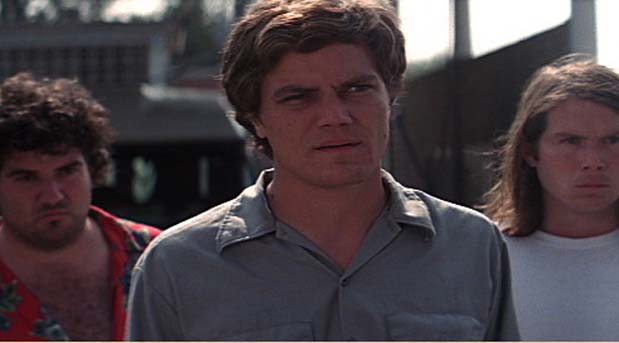Many are familiar with Emily Dickinson’s poem
There is no frigate like a book
To take us lands away,
Nor any coursers like a page
Of prancing poetry.This traverse may the poorest take
Without oppress of toll;
How frugal is the chariot
That bears a human soul!
Ms. Dickinson, of course, lived in a mono-media culture in which other than personal conversation books alone could effect the experience of being carried away into another time or place.
As much as I love books, movies have a unique power to do the same thing for us.
A couple of weeks ago, Barb and I watched a relatively unknown film of a year or two ago called Shotgun Stories. It is the story of three brothers abandoned by their father at a young age. The father, whom we never meet, converts to Christianity, remarries, and has four more sons with his new wife. But he never returns to make anything right with his first sons. As a consequence, the two sets of sons grow up with great resentment against one another, which eventually erupts into a full scale war of strike and counter-strike. One longs in this for something to enter the scene to break the cycle of vengeance.
The film is well-paced and reflective, to some excruciatingly slow. It takes us to the stark and barren landscape – ‘lands away’ to most of us – of rural Arkansas, suggestive of the souls of the characters, superbly played by a cast of little known actors.
The film ended leaving Barb and I wondering if the solutions offered were right. But the characters and the imagery of the film was not something I can not shake. It was a movie that did not so much entertain me as took me into the lives of its characters and let me experience life as them.
Good movies do that. And this was a good one.
